ACNE MOST FAMOUS PROBLEM IN EVERY PEOPLE
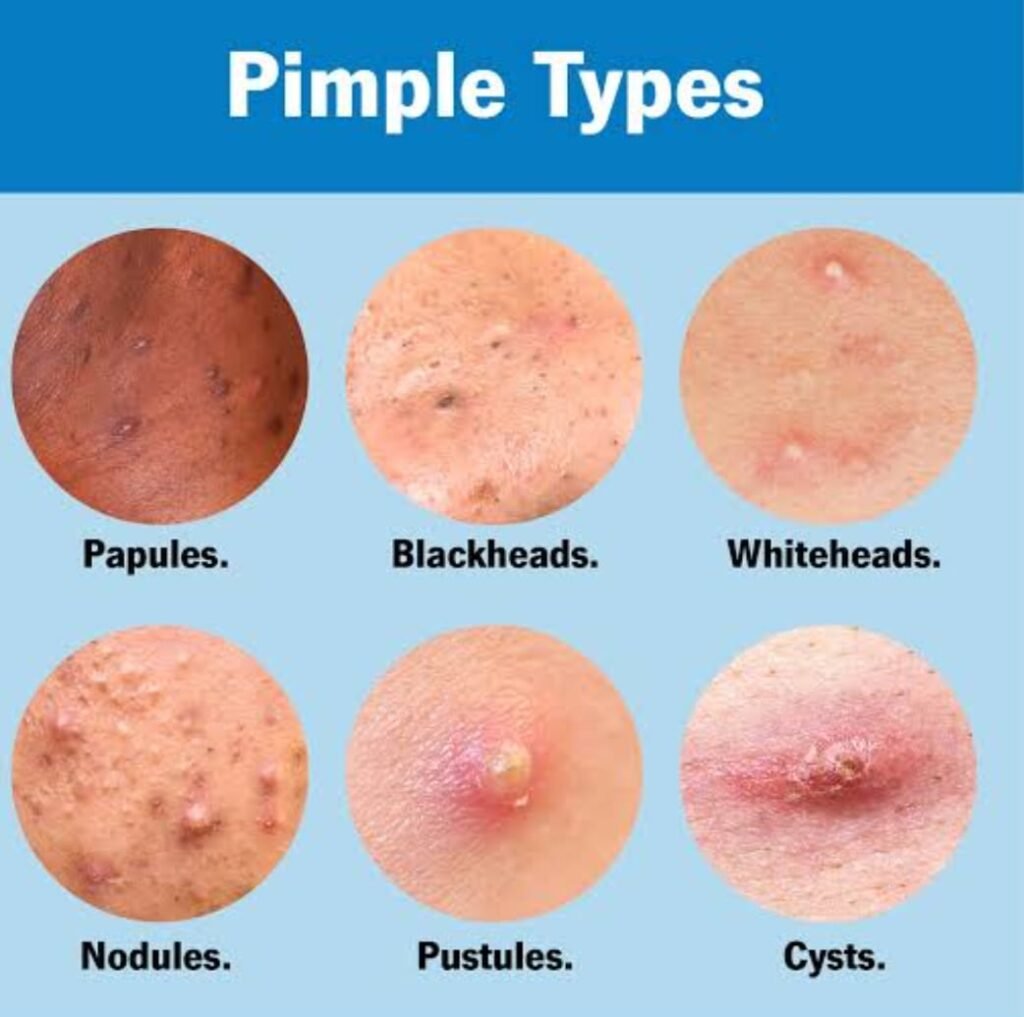
WHAT IS ACNE?
ACNE MOST FAMOUS PROBLEM IN EVERY PEOPLE
Acne is a common skin condition that occurs when hair follicles become clogged with oil and dead skin cells. Regular cleansing, topical treatments, and, in severe cases, medical intervention can help manage it. If you have specific questions or concerns, feel free to ask!
Acne is primarily caused by the overproduction of oil (sebum), clogged hair follicles, and the presence of bacteria on the skin. Hormonal changes, genetics, certain medications, and lifestyle factors can contribute to its development. Keeping the skin clean and adopting a consistent skincare routine can help manage acne.
ACNE MOST FAMOUS PROBLEM IN EVERY PEOPLE
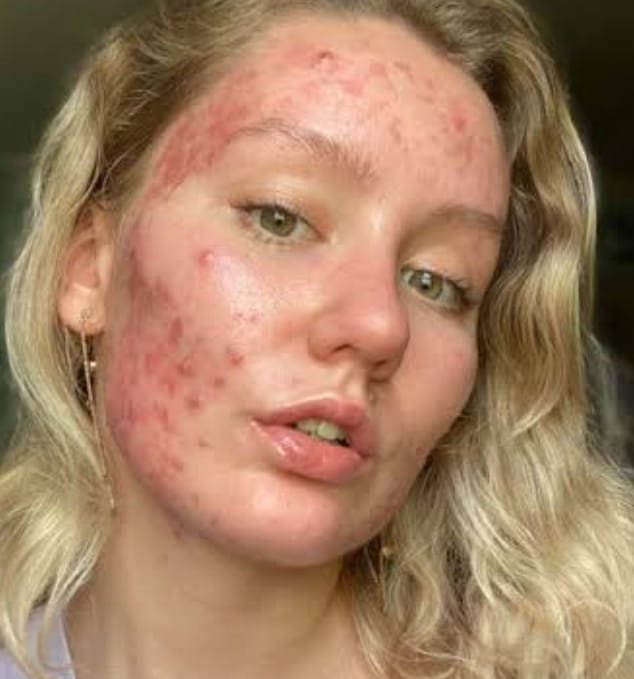
COMMOM SYMPTOMS
Common symptoms of acne include:
- Pimples: These can be whiteheads, blackheads, papules, pustules, nodules, or cysts.
- Redness and Inflammation: The affected area may appear red and swollen.
- Pain or Tenderness: Cystic acne, in particular, can be painful.
- Scarring: Severe acne may lead to permanent scars.
- Oily Skin: Excess oil production is often associated with acne.
- Whiteheads and Blackheads: Non-inflammatory types of acne.
If you’re experiencing persistent or severe symptoms, consulting a dermatologist is advisable for proper diagnosis and treatment.
ACNE MOST FAMOUS PROBLEM IN EVERY PEOPLE
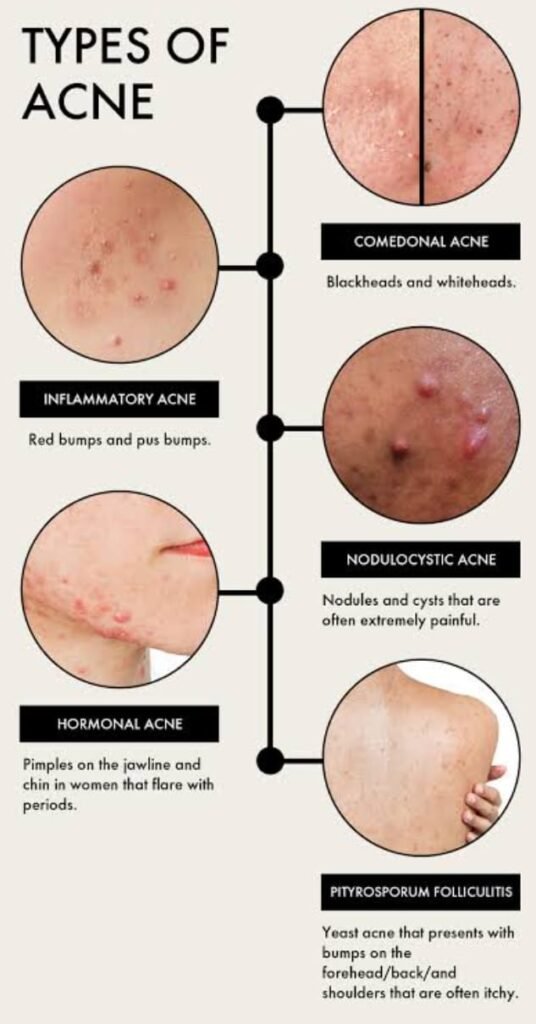
SEVERAL TYPES
There are several types of acne, including:
- Whiteheads: Closed plugged pores.
- Blackheads: Open plugged pores; the black color is not dirt but oxidized melanin.
- Papules: Small, tender red bumps.
- Pustules: Pimples with a white center, caused by pus.
- Nodules: Large, painful, solid lumps beneath the surface.
- Cysts: Deep, painful, pus-filled lumps; often leave scars.
The severity and types of acne can vary, and a dermatologist can help determine the most effective treatment based on the specific type and individual factors.
ACNE MOST FAMOUS PROBLEM IN EVERY PEOPLE
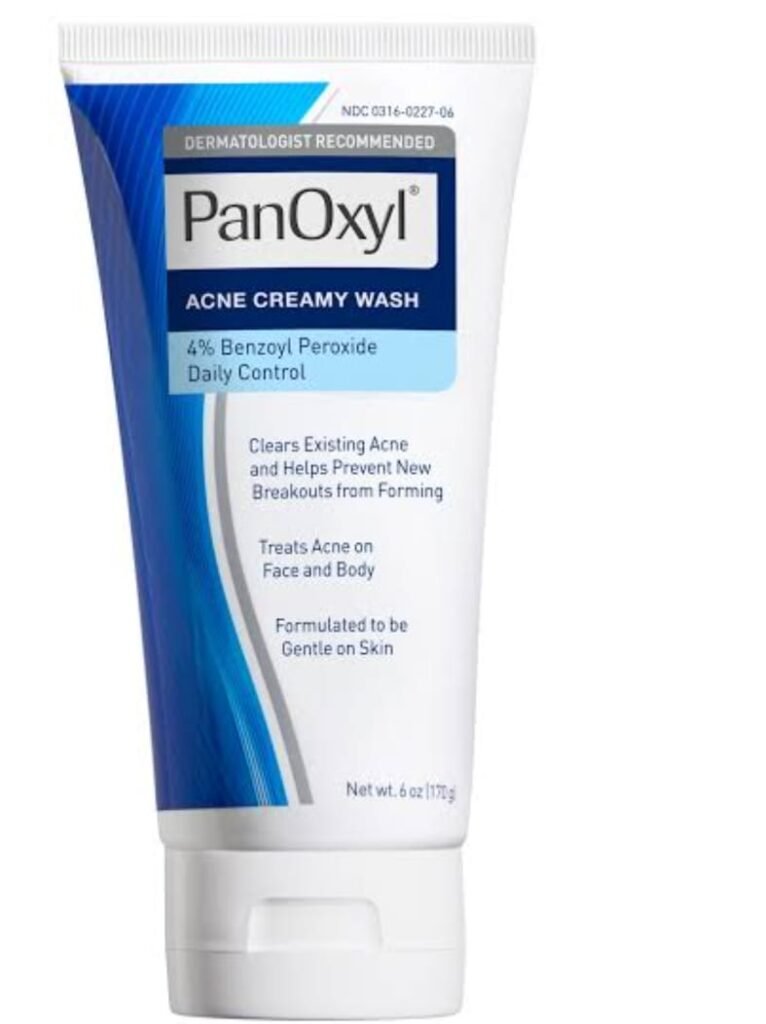
PRECAUTIONS
To prevent and manage acne, consider these precautions:
- Cleanse Regularly: Wash your face twice a day with a mild cleanser to remove excess oil and debris.
- Avoid Scrubbing: Gentle cleansing is more effective; aggressive scrubbing can worsen acne.
- Use Non-Comedogenic Products: Choose makeup and skincare products labeled “non-comedogenic” to avoid clogging pores.
- Hands Off: Avoid touching your face, as it can transfer bacteria and worsen acne.
- Healthy Diet: Eat a balanced diet with plenty of fruits, vegetables, and water; some studies suggest a link between diet and acne.
- Manage Stress: Stress can exacerbate acne; practice stress-reduction techniques like exercise or meditation.
- Avoid Squeezing Pimples: Popping can lead to infection and scarring.
If acne persists or is severe, consult a dermatologist for personalized advice and treatment options.
ACNE MOST FAMOUS PROBLEM IN EVERY PEOPLE
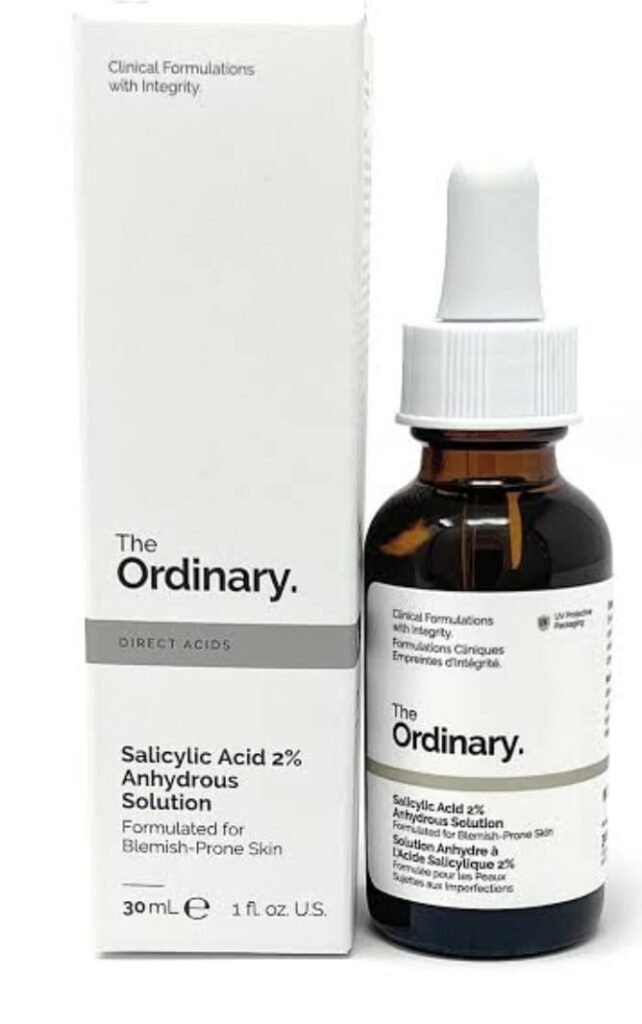
TREATMENT
Acne treatment options include:
- Topical Treatments: Over-the-counter or prescription creams, gels, or lotions containing ingredients like benzoyl peroxide, salicylic acid, or retinoids.
- Oral Medications: Antibiotics, hormonal pills (for females), or prescription-strength retinoids.
- Isotretinoin: A powerful oral medication for severe acne; requires close medical monitoring due to potential side effects.
- Light and Laser Therapies: Can target bacteria and reduce inflammation.
- Chemical Peels: Exfoliate the skin, promoting new skin growth.
- Extraction Procedures: Removal of large cysts or nodules by a dermatologist.
- Lifestyle Changes: Healthy habits, such as proper skincare, a balanced diet, and stress management, can complement medical treatments.
Consult with a dermatologist to determine the most suitable treatment based on your specific type and severity of acne.
ACNE MOST FAMOUS PROBLEM IN EVERY PEOPLE
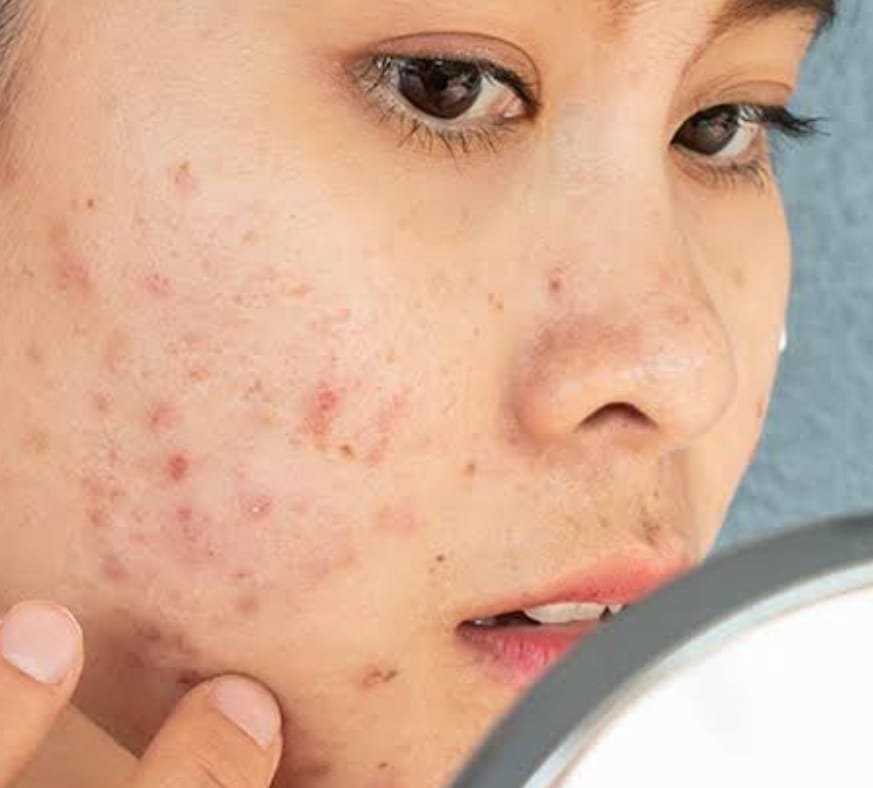
WHY ACNE PRODUCE / RISK FACTORS
Several factors can increase the risk of developing acne, including:
- Hormonal Changes: Adolescence, menstruation, pregnancy, and hormonal disorders.
- Genetics: A family history of acne may increase susceptibility.
- Certain Medications: Drugs containing androgens, corticosteroids, or lithium.
- Diet: Some studies suggest a potential link between certain foods and acne.
- High Humidity and Sweating: These can contribute to pore-clogging.
- Pressure or Friction on the Skin: From items like tight headbands or helmets.
- Occupational Exposure: Contact with greasy or oily substances in the workplace.
While these factors may increase the likelihood of acne, individual responses vary, and proper skincare and lifestyle practices can help manage the condition.
SERUMS & CREAMS
When choosing acne serums and creams, look for products with key ingredients known to address acne:
- Benzoyl Peroxide: Kills bacteria, unclogs pores, and reduces inflammation.
- Salicylic Acid: Exfoliates and helps unclog pores; suitable for oily skin.
- Retinoids (Retinol, Tretinoin): Promotes cell turnover, preventing clogged pores and reducing inflammation.
- Niacinamide: Has anti-inflammatory properties and helps control sebum production.
- Hyaluronic Acid: Hydrates the skin without clogging pores; important for maintaining moisture balance.
Remember to start with lower concentrations, especially if you have sensitive skin, and gradually increase as your skin adjusts. If in doubt, consulting a dermatologist can help tailor a skincare routine to your specific needs.

I am a content writer I have experience been writing news and blog articles for 5 years.